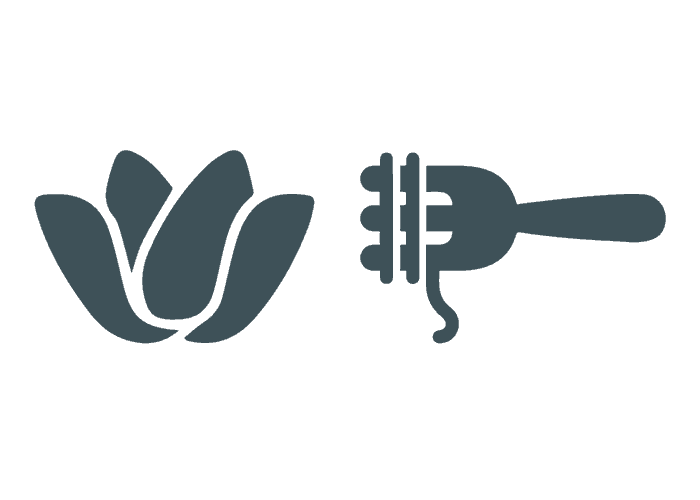Pick your kind of wine
Wine styles
Rosé
Like white wines, rosés tend to have crisper acidity, lower alcohol and lighter body when grown in cooler places, which means places with maritime influence or high altitude. There’s not really a particular geographical place in Portugal that is famous for making rosés – although as far as drinking is concerned, rosé is predominantly a seaside wine, also much exported. Every imaginable red grape, Portuguese and foreign, is made into rosé.
When to drink & Food pairings:
Lovely, fruity and fresh alternatives to crisp dry whites, most rosés slip down all too easily and you might do well to choose your beach or summer barbecue bottle from the lower end of the alcohol scale. Dry, fruity rosés are good with a whole array of light-flavoured food, including vegetable and salad dishes, thanks to their gentle (even if consciously imperceptible) sweetness.


